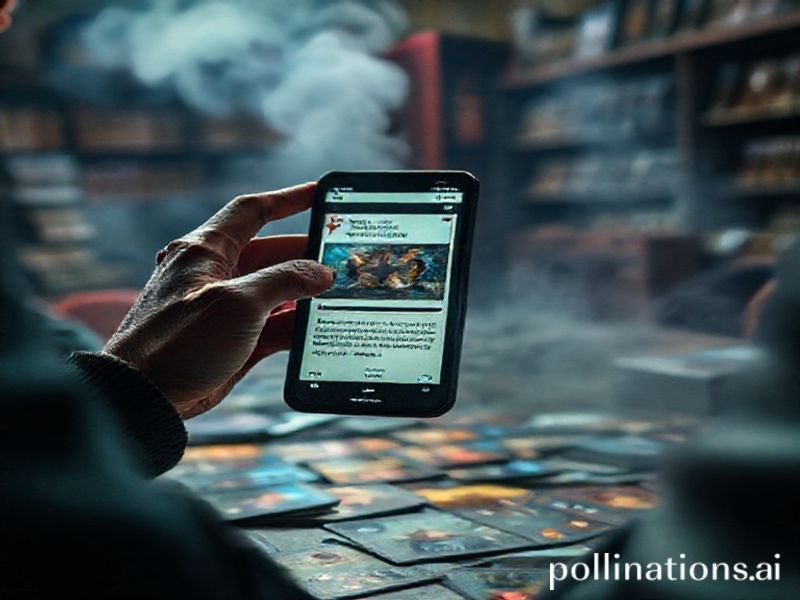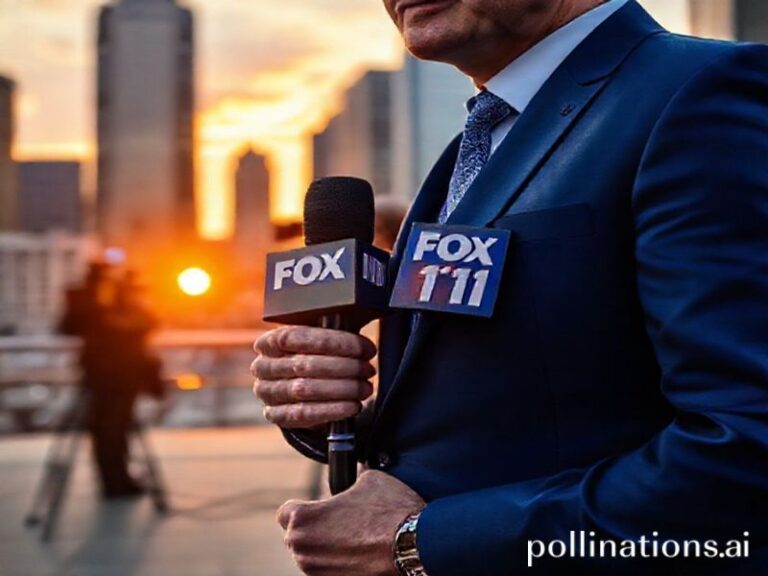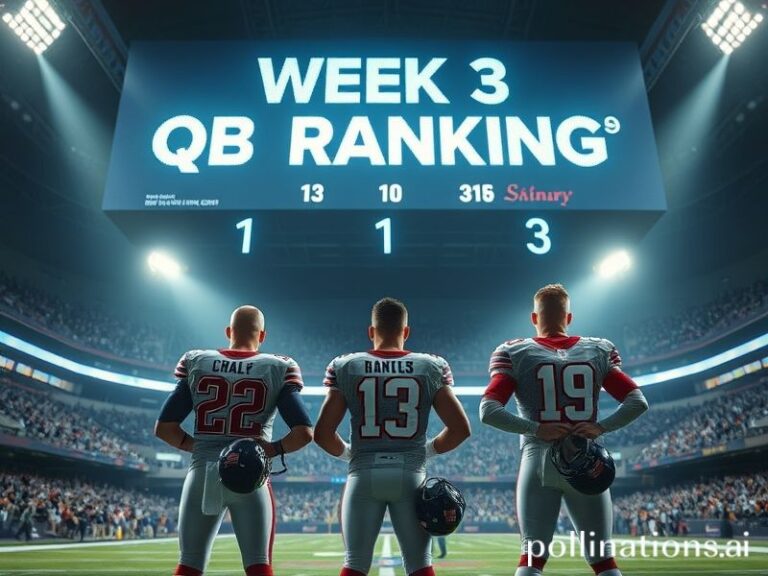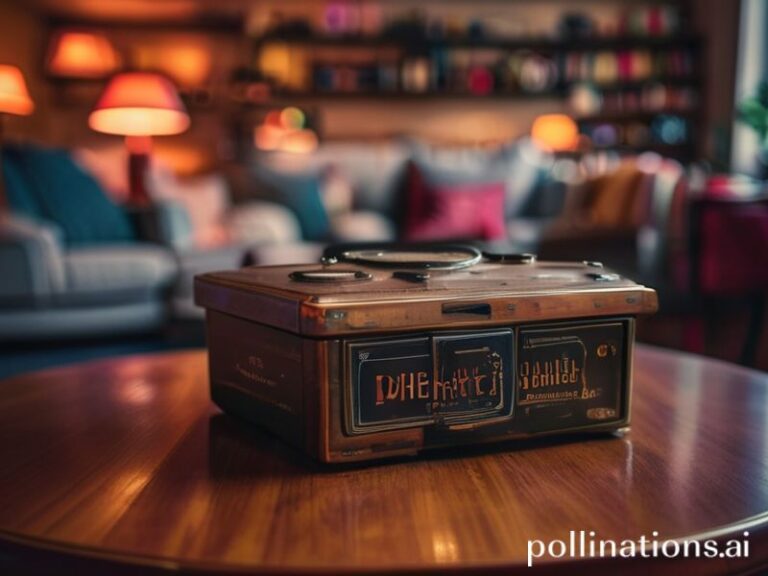Magic: The Gathering Ban Announcement: Why the Internet Can’t Stop Talking About It
# **Magic: The Gathering’s Latest Ban Announcement: When Your Deck Gets a Reality Check**
In the vast, ever-shifting landscape of internet culture, few events can spark global conversations like a **Magic: The Gathering (MTG) ban announcement**. Yes, you read that right—we’re talking about a trading card game that’s been around since the Reagan administration. But don’t let its age fool you; MTG has a dedicated fanbase that reacts to bans like a sports team losing a championship. So, why is this trending globally, and what makes it so darn significant?
### **The Cultural Context: When Nerds Unite**
Magic: The Gathering isn’t just a game; it’s a lifestyle. It’s a community where players invest time, money, and emotional energy into building the perfect deck. When Wizards of the Coast (the company behind MTG) announces a ban, it’s like the game’s equivalent of a Supreme Court ruling—except instead of laws, they’re deciding the fate of cards like **Oko, Thief of Crowns** or **Urza, Lord High Artificer**.
The cultural impact is massive. MTG has been a cornerstone of gaming culture since the ’90s, and its influence extends far beyond the game itself. It’s inspired countless other trading card games, influenced digital collectibles, and even seeped into internet memes. When a ban drops, it’s not just about the game—it’s about the identity of the players. Are you a **fair player** who respects the ban, or a **rebel** who refuses to let go of your banned card? The drama is real.
### **The Social Impact: When the Internet Loses Its Mind**
The internet’s reaction to an MTG ban is a spectacle in itself. Twitter, Reddit, and even TikTok light up with hot takes, memes, and heated debates. Players either celebrate the ban as a necessary evil to keep the game balanced or rage against it, claiming their favorite card was unfairly targeted.
The social impact goes beyond just the game. MTG bans often spark discussions about **game design, power dynamics, and even economics**. Players invest hundreds, sometimes thousands, of dollars into their collections. When a card gets banned, it can devalue an entire deck, leaving players feeling like they’ve been financially betrayed. It’s like if your favorite stock suddenly crashed because of a corporate decision—except instead of money, you’re dealing with your emotional attachment to a piece of cardboard.
### **Why It’s Significant: The Ripple Effect**
MTG ban announcements matter because they set precedents. They influence how other games handle balance, how players engage with competitive scenes, and even how companies communicate with their communities. Wizards of the Coast has to walk a fine line—ban too much, and players feel like their choices are being dictated; ban too little, and the game becomes unbalanced.
The significance also lies in the **community’s resilience**. Despite the drama, players keep coming back. They adapt, they innovate, and they find new ways to enjoy the game. It’s a testament to the power of fandom and the enduring appeal of MTG.
### **Conclusion: The Never-Ending Saga**
So, why is the MTG ban announcement trending globally? Because it’s more than just a game update—it’s a cultural event. It’s a moment where nerds unite, the internet loses its mind, and the gaming world holds its breath. Whether you’re a player, a spectator, or just someone who enjoys the drama, there’s no denying that MTG ban announcements are a big deal.
And let’s be real—nothing brings people together like a good old-fashioned internet meltdown.







